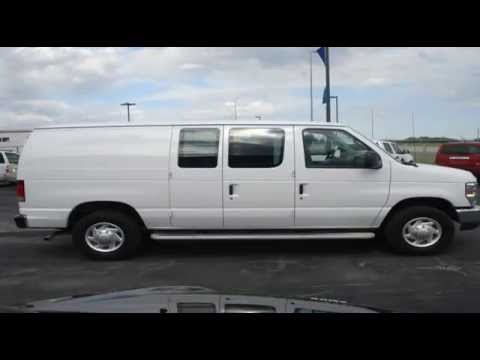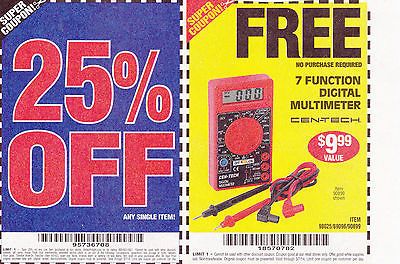eDJ_
Well-known member
I haven't seen this question asked before, but there are bunches of us who are with little knowledge or experience with this stuff. It may be nice to have some of the most experienced here to answer this question
for the newbies.
Imagine you are going to take a Van, say this one below for instance, and outfit if for a beginner, an intermediate Van dweller, and an Advanced Van dweller.

Most of the Newbies have heard about the Harbor Freight "Kit" that is set and ready to go,
just add Batteries. Most know that Harbor Freight publishes 20% off coupons that work
on most things in the store.


But if you were wanting to do better than that as a Solar Engineer, how would you fit a low end beginners
Van, an intermediate Van dwellers Van, and an Advanced dwellers Van.
Understand it may be beneficial to the thread to agree on some Power levels that each of these three
categories would need. What sort of equipment the power budget (in terms of available power not money)
and would provide for. This may at the newbie level use one 12 volt deep cycle and move into dual 6vdc golf cart batteries, and on from there specifying the best brands for the design parameters.
I've PM'ed with others on the board who have inquired about this and if anyone will be doing a lecture about this stuff at the RTR for the newbies. If it could be done it would be a good opportunity for those who wish
to produce Youtube tutorials to video the presentations so these can be pointed to when this redundant question arises again. (and again)
What I'm seeing in my minds eye is just the solar and the house battery. It may be worthwhile to detail a little bit about what would be necessary to disconnect the Solar from the house battery and switch to the Van's
alternator to charge the house battery while on the road or in times of constant rain. Thus having the duplicity of the Van's charging system and the Solar when able.
So does anyone want to tackle this ? Give a menu of parts, sources, and estimated prices ? (and can you add anything to this question that should be addressed ?)
for the newbies.
Imagine you are going to take a Van, say this one below for instance, and outfit if for a beginner, an intermediate Van dweller, and an Advanced Van dweller.

Most of the Newbies have heard about the Harbor Freight "Kit" that is set and ready to go,
just add Batteries. Most know that Harbor Freight publishes 20% off coupons that work
on most things in the store.


But if you were wanting to do better than that as a Solar Engineer, how would you fit a low end beginners
Van, an intermediate Van dwellers Van, and an Advanced dwellers Van.
Understand it may be beneficial to the thread to agree on some Power levels that each of these three
categories would need. What sort of equipment the power budget (in terms of available power not money)
and would provide for. This may at the newbie level use one 12 volt deep cycle and move into dual 6vdc golf cart batteries, and on from there specifying the best brands for the design parameters.
I've PM'ed with others on the board who have inquired about this and if anyone will be doing a lecture about this stuff at the RTR for the newbies. If it could be done it would be a good opportunity for those who wish
to produce Youtube tutorials to video the presentations so these can be pointed to when this redundant question arises again. (and again)
What I'm seeing in my minds eye is just the solar and the house battery. It may be worthwhile to detail a little bit about what would be necessary to disconnect the Solar from the house battery and switch to the Van's
alternator to charge the house battery while on the road or in times of constant rain. Thus having the duplicity of the Van's charging system and the Solar when able.
So does anyone want to tackle this ? Give a menu of parts, sources, and estimated prices ? (and can you add anything to this question that should be addressed ?)









































































